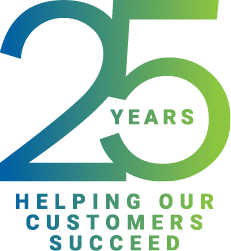Modernize Mortgage Lending With MeridianLink
Since November 8, 2022, OpenClose™ officially became part of MeridianLink® (NYSE: MLNK), marking a significant milestone in our mission of providing fast, frictionless mortgage experiences from application to closing to banks, credit unions, and lenders of all sizes.

With 25 years of experience helping our customers succeed, this acquisition has allowed us to accelerate the market expansion of our end-to-end digital lending solution —enhancing our customers’ ability to deliver seamless digital mortgage experiences while reducing costs and closing time using our 100% browser-based, configurable, omnichannel solution.
Your Trusted Partner for the Digital Mortgage Era
Secure Your Advantage
Elevate your competitive edge with a secure, intuitive digital mortgage application experience.
Enhance Engagement
Build powerful, personalized, data-driven experiences to enrich borrower engagement.
Optimize Loan Processing
Reduce loan-manufacturing costs, improve pull-through rates, and accelerate closing times.
Accelerate Growth
Optimize the consumer experience to drive cost-effective growth across the consumer financial journey.
Amplify Effectiveness
Boost efficiency and ROI with advanced automation, custom configuration options, and built-in pricing and document solutions.
Elevate Excellence
Leverage best-in-class, high-touch customer service and implementation options.
Learn, Connect, Thrive
Need assistance or have a question? Our dedicated support team is here to help!
Uncover valuable insights, explore exciting features, and gain a richer understanding of what sets us apart.